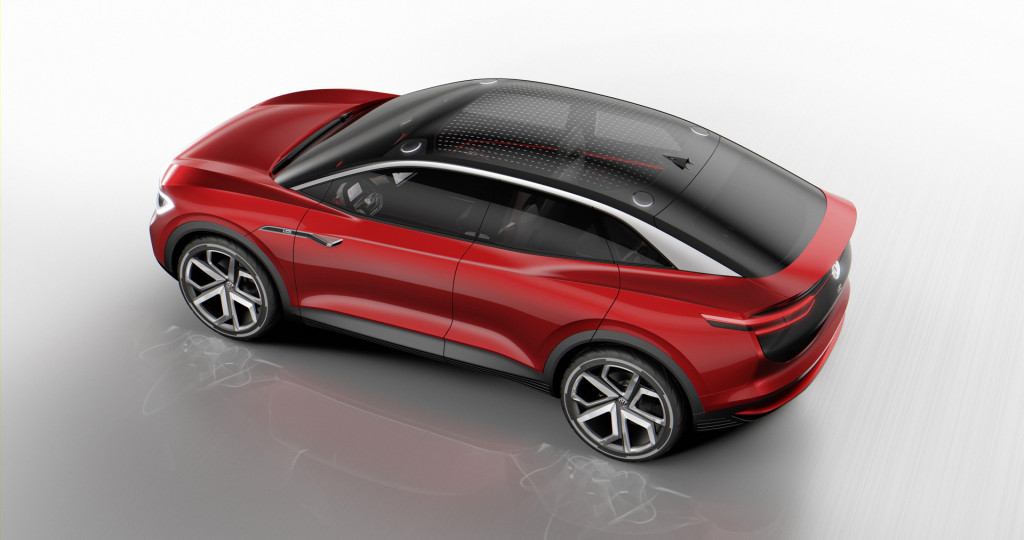In the aftermath of the Volkswagen diesel emissions scandal and all of its settlement terms, it might seem that a cleaner, more efficient future is assured.
Electric possibilities will offer far lower carbon dioxide and local criteria emissions over the long term, but in the short term the aftermath of the diesel matters gets complicated.
Over at least the next few years it seems the loss of diesel throughout the world is costing us dearly in carbon emissions.
It’s a point that the International Energy Agency makes in its Energy Efficiency 2019 report, released Monday.
“While the move away from diesel cars benefits local air quality, the shift away from diesel has contributed to a worsening of average fuel consumption since diesel cars tend to be more efficient than the equivalent gasoline vehicles,” said the IEA. “Despite double-digit growth rates for electric vehicles, the majority of diesel cars were replaced by gasoline versions.”

Volkswagen ID Crozz II concept, 2017 Frankfurt auto show
It’s not just that—or that the mass-market EV push from Volkswagen hasn’t quite started yet. The diesel scandal may have in some markets accelerated the market-share migration toward SUVs. The EIA notes that SUVs (combined with pickups) made up a record 68 percent in the U.S. in 2018 and passed 40 percent of registrations in China for the first time.
According to the organization, more than 20 European vehicle markets posted a lower average fuel consumption as their diesel sales fell.

IEA fleet-wide energy efficiency for Europe by year
Some of the other transportation-related reasons for higher CO2 emissions include stronger growth for road freight, versus more efficient shipping or rail.
Another factor: Globally, more people are driving themselves, in larger vehicles. Sales of more efficient vehicles have slowed on a global basis, the IEA reports, while vehicle occupancy rates have fallen.
Meanwhile, the global vehicle fleet is aging as people are holding onto their vehicles longer.

2019 GMC Yukon
The world’s economy itself isn’t making the kind of efficiency gains it should. The “primary energy intensity,” a measurement of the energy use of the global economy, improved by just 1.2 percent in 2018, which was the lowest rate of improvement since 2010. For the energy used, that’s about $2.4 trillion of GDP lost for just the year, because the world hasn’t kept up with 3-percent annual improvement targets.
Higher production for energy-intensive industries, like steel, contribute vast amounts to global energy demand. The EIA notes, for instance, that Chinese steel production represents about four percent of global final energy use.
Another potentially ironic factor in rising carbon emissions: Blame the weather. The EIA also pointed to rising extraction of natural gas and crude oil in the U.S., likely linked to last year's colder winter and hotter summer versus average.
And on a personal level, it’s not entirely our cars. The IEA pointed to “increased device ownership,” the impact of broadband and streaming, and “a significant growth in per-capita residential floor area in all economies.”













